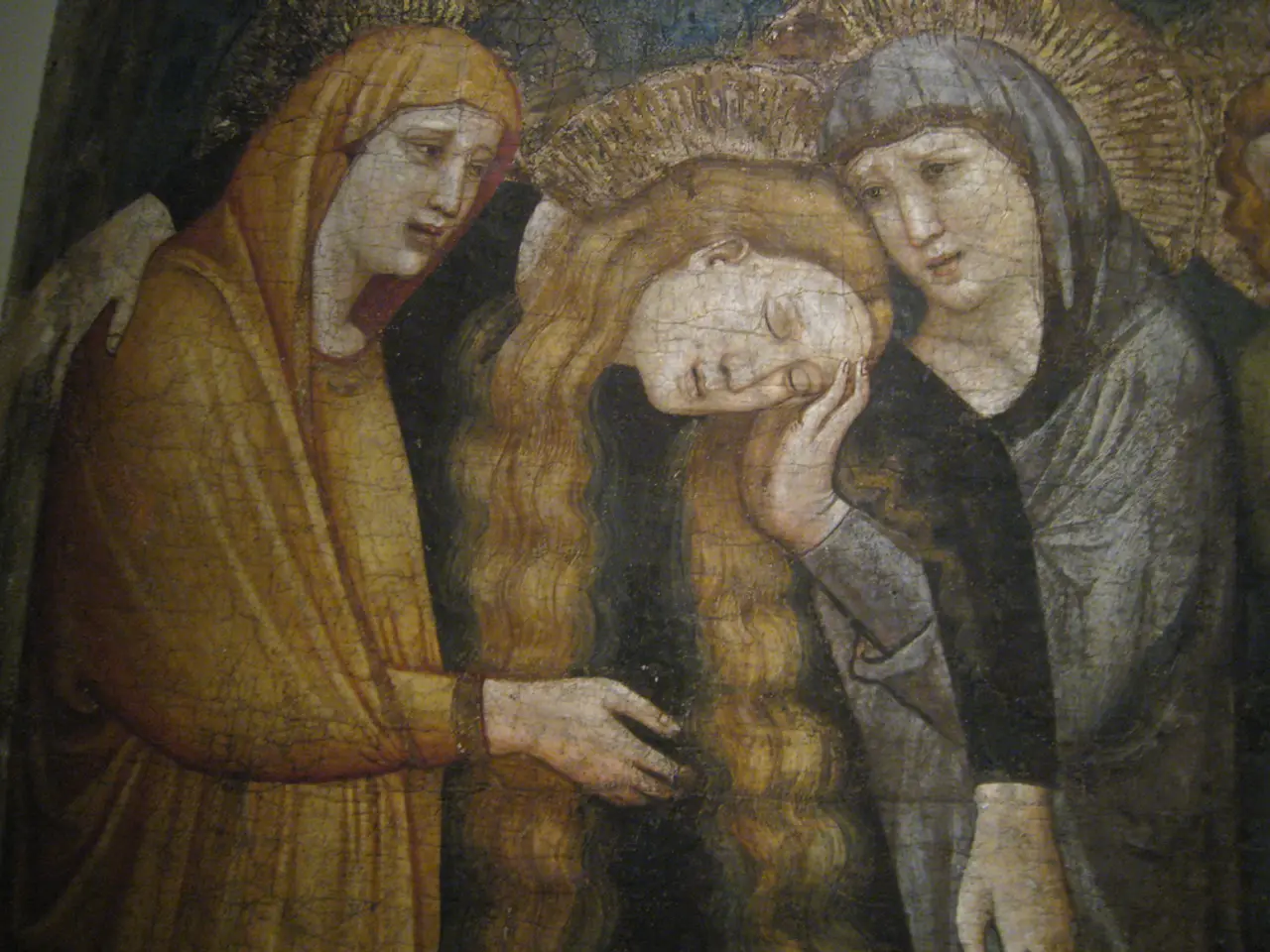The Struggle Against the Nightly Tax: Economic Associations Speak Out
Tax on Beds: Associations Reiterate Opposition to Proposal - European legislators approve the proposed plan.
Cassel and Offenbach are amidst a heated debate over the introduction of a nightly tax - but the hospitality industry isn't having it! The proposed tax is causing ripples among various economic associations, with concerns about extra financial burdens and administrative hassles.
Oliver Kasties, deputy managing director of the Hotel and Catering Association Dehoga Hessen, sheds some light on the situation, "Hotel operations will need to revamp their accounting systems and revise existing accommodation contracts due to this nightly tax." He further explains, "As it stands, bureaucracy costs due to complex requirements and obligations already amount to 2.5% of the annual turnover for a typical company in the hospitality industry." This could pose a significant threat to businesses with already thin margins and hefty workloads.
Cassel's Ambitious Plans
Cassel has drafted a plan to implement the tax starting July 1, 2025, aiming to gather 3 million euros yearly. However, Dehoga and the local chambers of industry and commerce are raising concerns, suggesting that this surge in extra costs might lead to a decline in booking numbers and deeper impacts on associated industries like catering, retail, and the taxi industry.
In Offenbach, the city parliament has already decided to introduce the tax for tourists and business travelers as part of the 2025 budget. Details are yet to be unveiled, as an ordinance is still in the works. The city expects to generate 1.3 million euros in revenue.
Dehoga's Rejection
Kasties acknowledges the fiscal pressures faced by municipalities but emphasizes the importance of bolstering the local economy instead of burdening it further. He emphasizes, "Additional duties are not something we're on board with."
Alternatives on the Table
Instead of the nightly tax, alternative options like the tourism contribution, accepted in various municipalities such as Frankfurt and Fulda, are being proposed. Frankfurt, for example, has been collecting a tourism contribution of €2 per person per night since 2018, generating nearly seven million euros in 2023. This contribution is strictly earmarked for supporting tourism initiatives, including the creation and marketing of tourist facilities, operating events, and more.
However, in Kassel, the tourism contribution faces some legal roadblocks, making it challenging to implement. Meanwhile, in Darmstadt, the introduction of a similar tax hasn't led to a decrease in overnight stays - on the contrary, the number of overnight stays has increased by around 15% since its introduction in 2023.
- Hospitality Industry
- Net Financial Impact
- Bureaucracy Costs
- Offenbach
- Cassel
- Dehoga
- Backlash
- Alternatives
- Joint Burden Distribution
- Frankfurt
- Despite the city of Offenbach's decision to introduce a nightly tax for tourists and business travelers in their 2025 budget, the hospitality industry, represented by Dehoga, strongly opposes the move due to concerns about increased financial burdens and bureaucracy costs.
- In Cassel, the proposed nightly tax, expected to generate 3 million euros yearly, faces backlash from Dehoga and the local chambers of industry and commerce, who fear that this surge in extra costs might lead to a decline in booking numbers and deeper impacts on associated industries.
- Acknowledging the fiscal pressures faced by municipalities, Oliver Kasties, deputy managing director of Dehoga Hessen, emphasizes the importance of bolstering the local economy rather than burdening it further with additional duties.
- Instead of the nightly tax, Dehoga and other economic associations are proposing alternatives like the tourism contribution, which has been successfully implemented in cities like Frankfurt, generating nearly seven million euros in 2023. However, the implementation of the tourism contribution in Kassel faces some legal obstacles.




